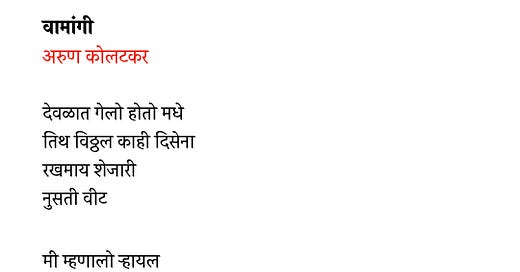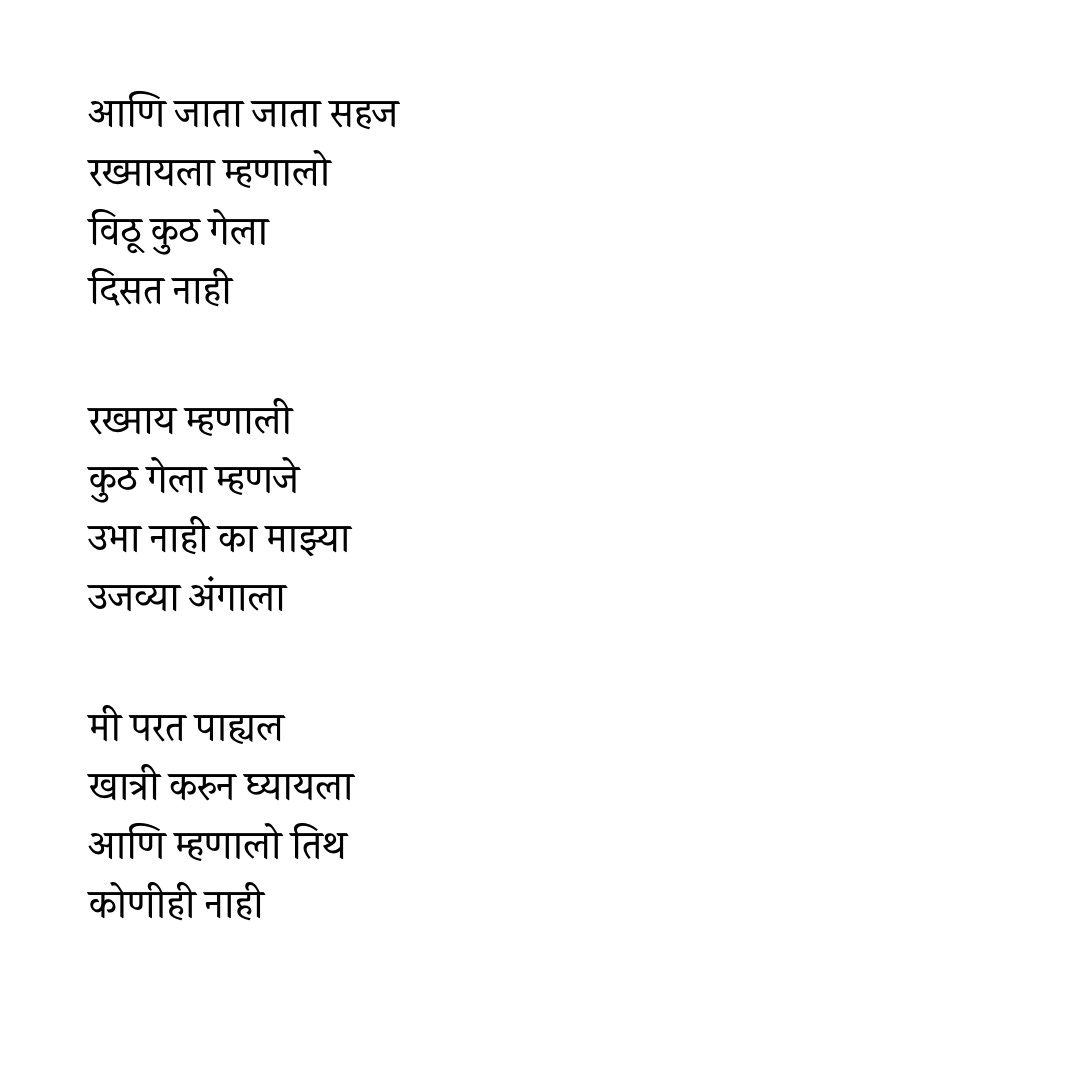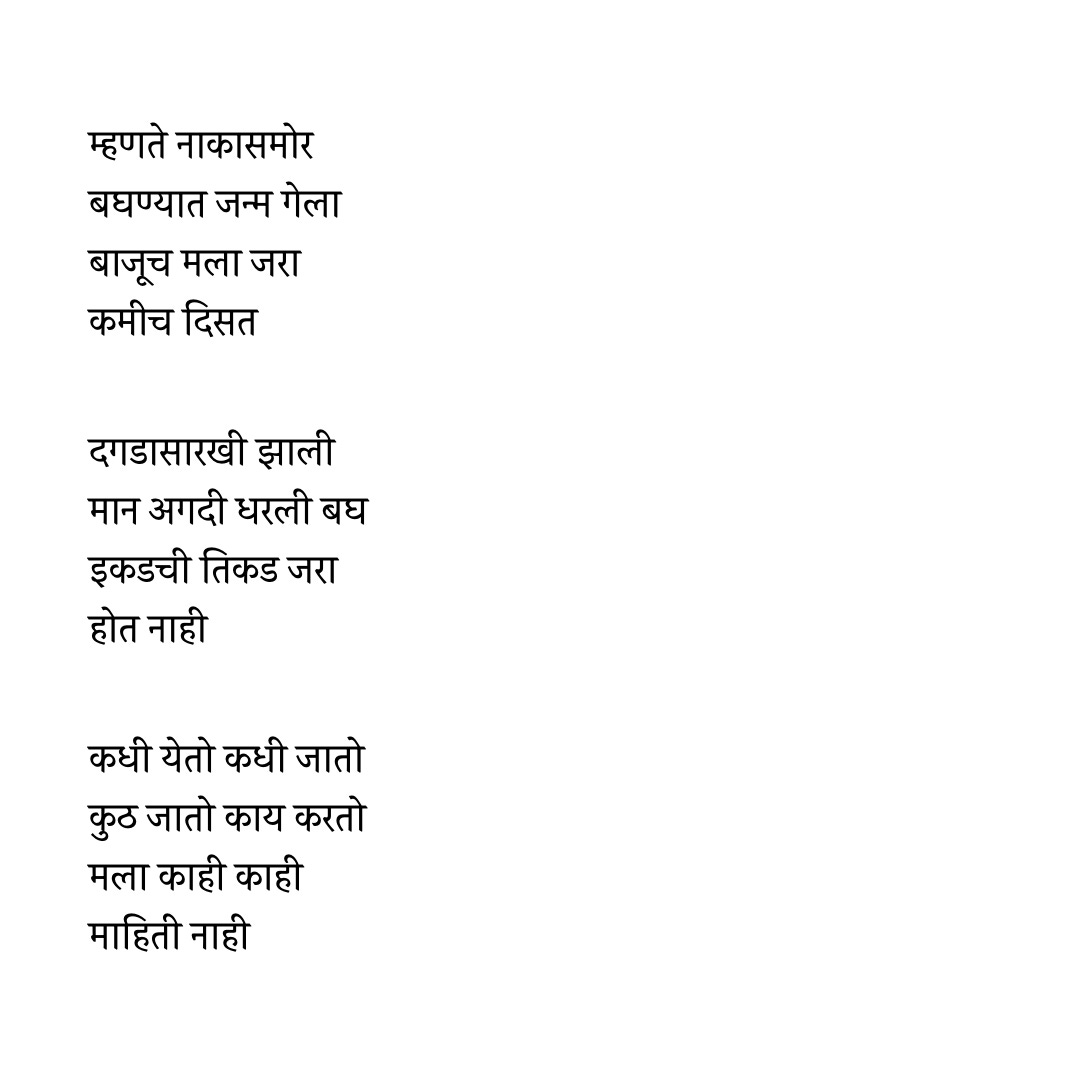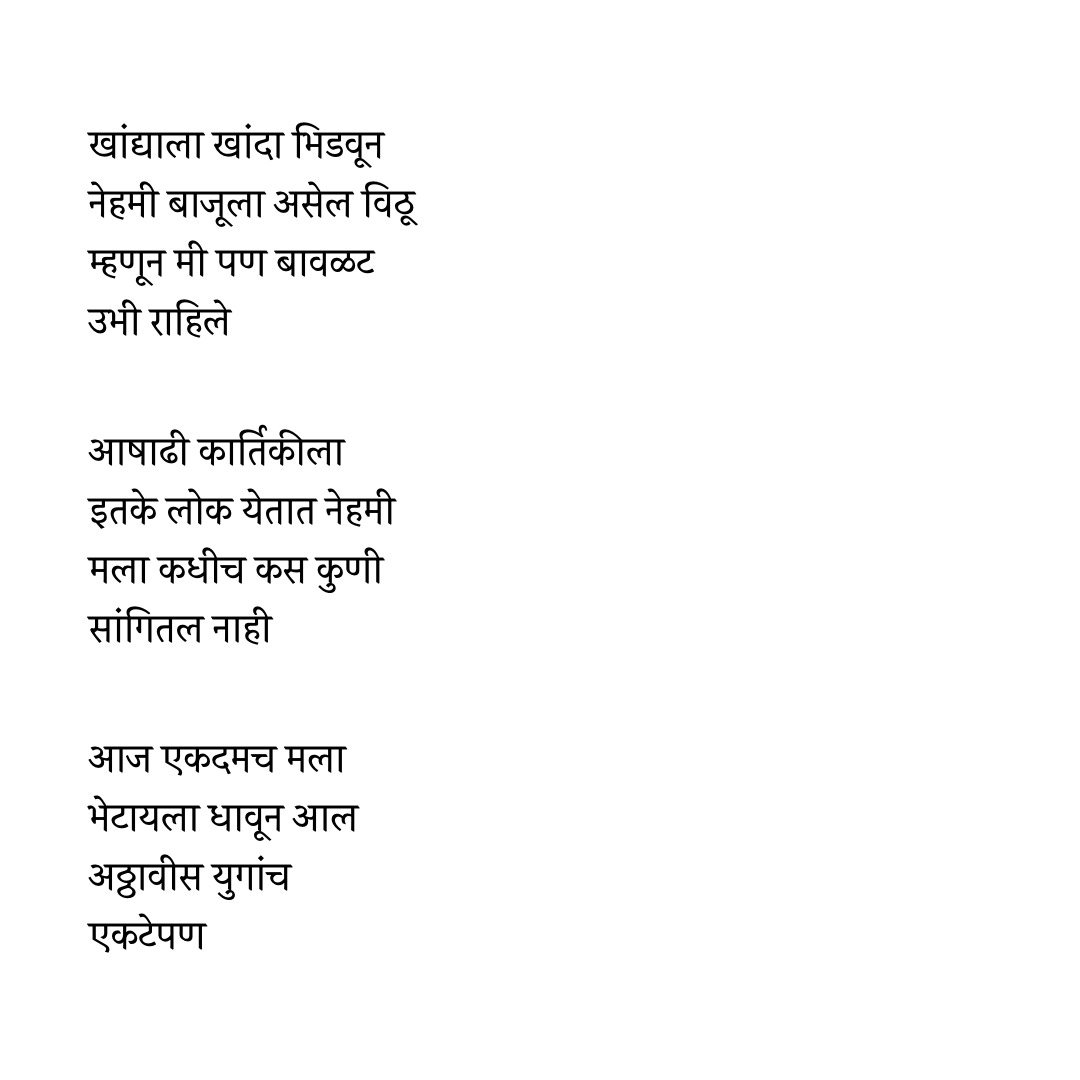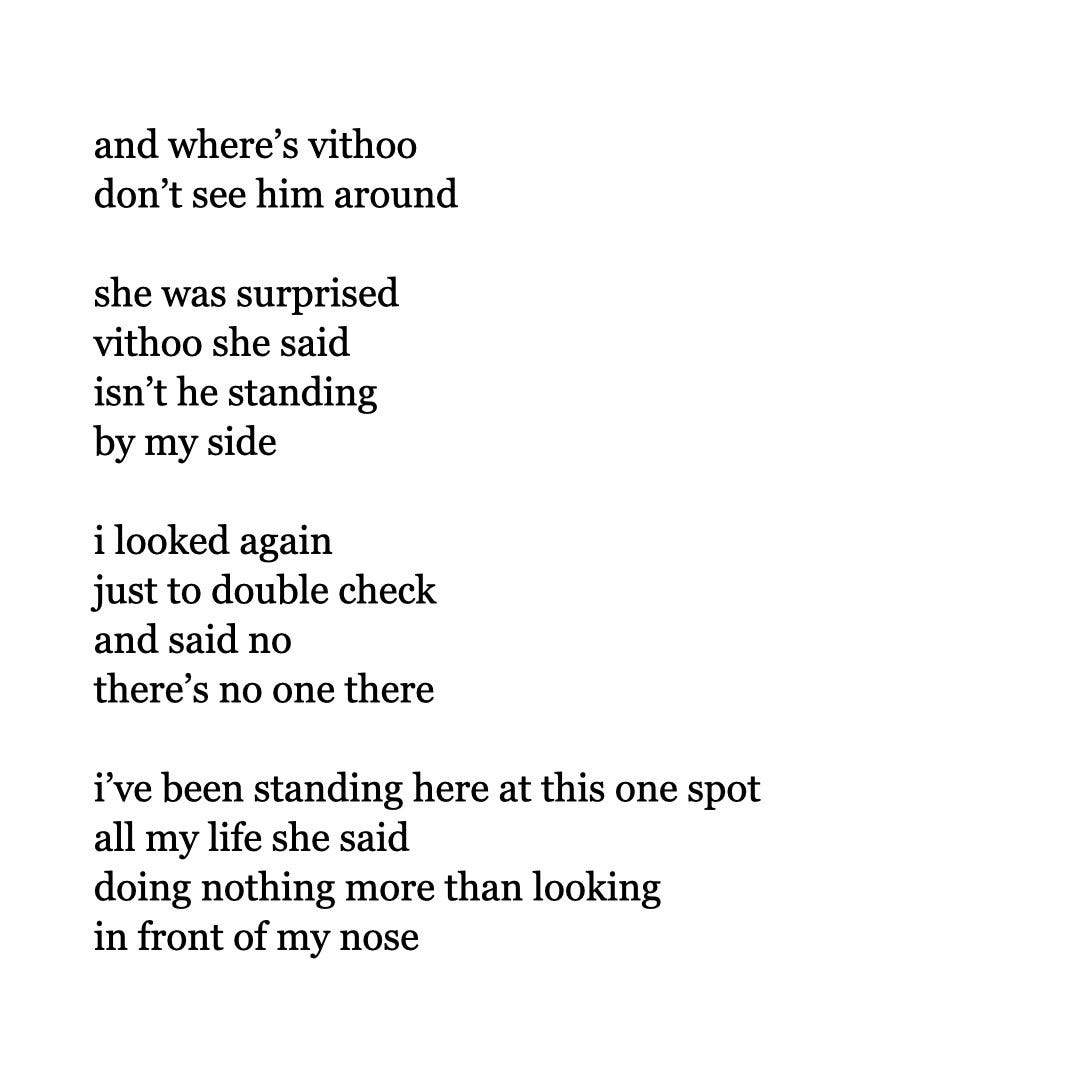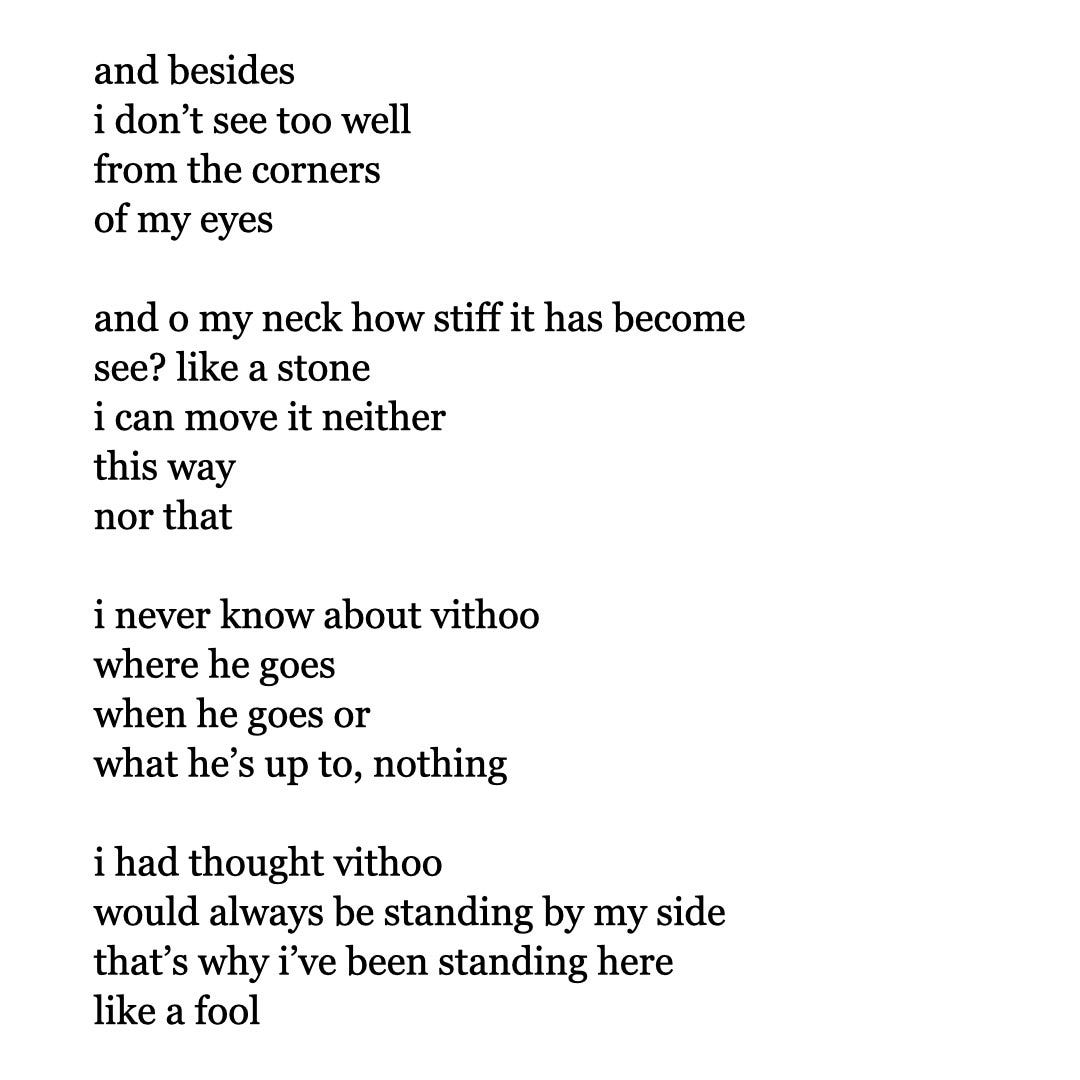in the gathering dark, he searches for colour. blood spattered on the newspapers; on the hands of the newsreaders is beginning to smell. he read somewhere about how disgust is another form of ‘othering’. he wonders what that means. what does it mean to other ‘oneself’, for instance?
much too often, in the last few days, he has seen the shift from ‘personal is political’ to ‘political is personal’. this is a privilege, he cautions. most things resolve themselves when you break the language you use to address them. at least they move closer to finding answers. his ustad used to talk alaap through the metaphor of art. how making the raag, by approaching each note with a sensitivity that inclines towards tenderness, is not different from filling darkness with colour. a streak of orange cirrus there, two green drops the colour of a cat’s eyes.
a splash of incarnadine laughter that leaps with the courage of curiosity could be the character of raageshree, for instance.
the artist teases sound out of the air, hews notes from the bare rock of memory, who, like a good polyglot knows the way the winds blow. he has seen mountains, entire forests tremble in the downpour of his Ustad’s gandhaar. people say that the ascent in music, is less beautiful than the descent. but ustad defied that logic - his leap from a gandhaar (Ga) to a Nishaad (Ni) was an explosion of wings. he had to stop himself from laughing out loud in ecstasy, sometimes, when ustad soared like that, with all the audacity of a boy who wants to clutch the sun; when he found the rhythm, during an intimate baithak in the gurukul.
maybe this is one way in which an artist teaches the soul to other oneself. in some of kolatkar’s poems, i discern a ‘vanishing’; a kind of diminished presence of the self as persona. the poetics of the manzar, exists, almost independently of kolatkar’s own self image. a character meets a situation, and then dialogues with other characters, other complexes of living materiality. the poet’s overwhelming celebrity presence is absent from the transaction. i have noticed that my embodied interaction with the text is different in these poems. as a reader, my own subjectivity is temporarily suspended, and I, like Kolatkar, am merely being a sensitive witness to the landscape.
i’d like to share a poem with you whose last line has stayed with me so much, that sometimes, during moments of quiet, blissful solitude, it comes back to me, like a dirge; a melancholy that resolves itself into the certain fury of knowledge. anger is easier, than empathy. in the last analysis, the self always enters language, through sensation. we become animal by entering the story - not as character, but mood.
i love kolatkar’s own translation of his poem. but i see the last stanza as a failure - to reconcile the two lifeworlds of Marathi and English (a task, which is quite futile, in any case). the line Atthaavees Yugaanca Eketepan is impossible to translate into english… 28 ‘Yug’s of ‘oneness’? ‘solitude’? Kolatkar uses ‘loneliness’, but the realignment, diminishes the force of ‘ektepan’ arriving at the end. i would leave it that way in my translation, even if it was clumsy - i believe that as a reader i must be prepared to do the work required to turn the strange unfamiliarity of the original language, into experience. so it might be, simply:
all at once
it comes surging over me
today
Twenty eight eras of loneliness
the reader must hear the final, unrendered ellipsis
That’s all for today, folks.
hope you, and your loved are finding meaning in this tumultous time.
do write to poetly@pm.me if you have any questions, queries, or comments.
i will write back as soon as I find the space, and the time.
If you like what you read, do consider ‘buying me a coffee’.

